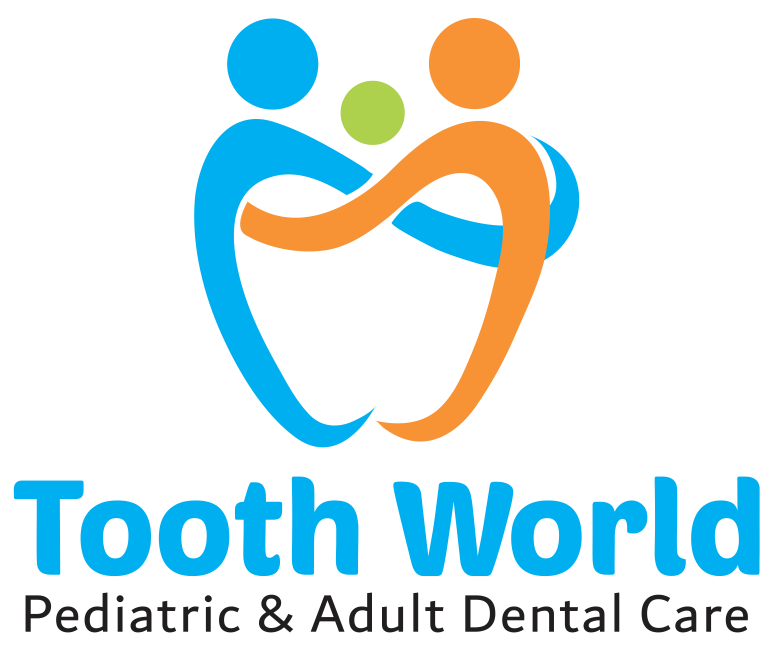FAQS
A happy face with a beautiful smile
Read
FAQ'S
Tooth decay, also known as a cavity, occurs when bacteria living in your mouth make acid that begins to eat away at your teeth. Untreated tooth decay may cause infection, extreme pain and the loss of tooth. The decay process begins with the unnoticeable damage to the enamel of your teeth and then steadily progresses to deeper layers of the tooth, eventually leading to the pulp. The pulp of your teeth contains highly-sensitive blood vessels and nerves. Proper oral hygiene includes brushing your teeth regularly, flossing regularly and brushing your tongue.
Poor Oral Hygiene, Improper Nutrition, Sugary Foods, Acidic Foods and Drinks, Dry Mouth Issues.
The most important ingredient to look for when choosing a toothpaste is fluoride. Fluoride is a naturally occurring mineral which has been instrumental in reducing tooth decay. Bacteria is your mouth feed on sugars and starches that remain on your teeth after eating. Fluoride helps protect your teeth from the acid that is relased when this happens. It makes your tooth enamel stronger and less likely to suffer acid damage. It can reverse the early stages of acid damage by solidifying areas that have started to decay.
Baby teeth help young children speak clearly, chew naturally, and maintain a beautiful smile.They also hold adequate space for permanent teeth when they are ready to come into the mouth. It is also important to keep baby teeth healthy to avoid pain and infections that could be harmful for your child’s overall health.
The main cause of bleeding gums is the buildup of plaque at the gum line. This will lead to a condition called gingivitis, or inflamed gums. Plaque that is not removed will harden into tartar. This will lead to increased bleeding and a more advanced form of gum and bone disease known as periodontitis. We recommend brushing and flossing regularly and getting your semiannual dental visit in to stop your gums from bleeding.Certain medicines also increase the likelihood that your gums will bleed. If changing your oral care habits, adjusting your medications, and maintaining a healthy diet doesn’t help your gums stop bleeding, your next step should be to make a dental appointment.
Plaque develops when foods containing carbohydrates (sugars and starches), such as milk, soft drinks, cakes or candy are frequently left on the teeth. Bacteria that live in the mouth thrive on these foods, producing acids as a result. Over a period of time, these acids destroy tooth enamel resulting in tooth decay. Plaque can also develop on the tooth roots under the gum and cause breakdown of the bone supporting the tooth
Your child should see a pediatric dentist when the first tooth appears, no later than his/her first birthday.
Any soft- bristled toothbrush with a small head, preferably one designed specifically for infants, should be used twice a day with a minimal smear of fluoride toothpaste. Night time brushing is especially important.
Children can begin using a soft bristled toothbrush with a pea- sized amount of fluoridated toothpaste around 3 years. This is also a good age to encourage consistent spitting out of toothpaste.

